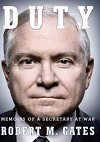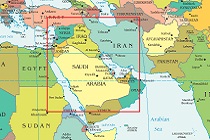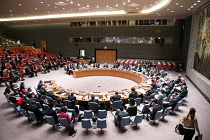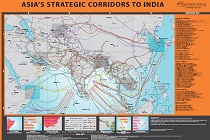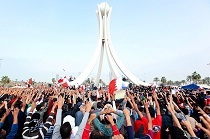Book review: Igniting a debate on U.S. war policy
‘Duty: Memoirs of a Secretary at War’ paints an unflattering and scary picture of the workings of Washington. The book stresses that U.S. presidents have too often been too quick to use military force

